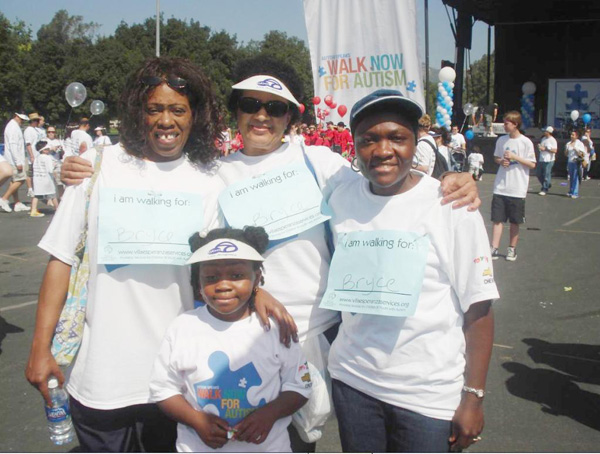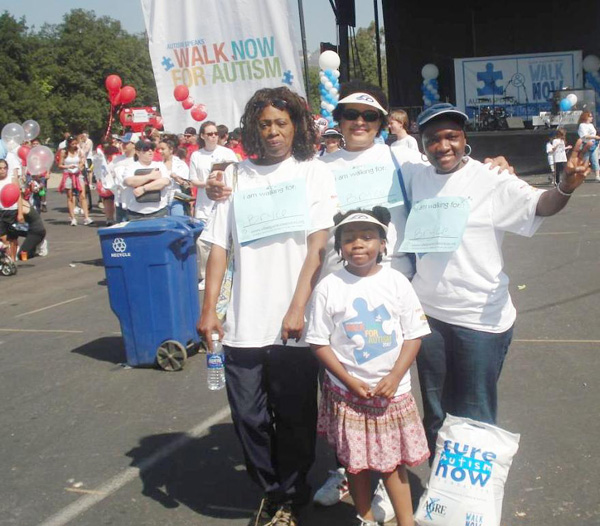

By Neil Earle
In Jesus Christ’s famous parable of the shepherd going after the one lost sheep he founded what some churches call “Special Needs Ministry.”
Jesus’ parable was a philosophical and organizational injunction to take care of people in our congregations who need a little extra help in coping with the church experience.
Churches have been doing this for some time – youth ministry, senior’s ministry, day care, Sunday School since the 1700’s. Jesus was opposed to the sweeping “one size fits all” model of ministry.
Remember?
“What do you think? If a man has a hundred sheep, and one of them has gone astray does he not leave the ninety-nine on the hills and go in search of the one that went astray. And is he finds it, truly, I say to you, he rejoices over it more than over the ninety-nine that never went astray. So it is not the will of my Father that one of these little ones should perish” (Matthew 18:12-14).
The context is Jesus specifically speaking of little children, always special in his sight.

Now let me introduce you to Judith Foyabo. Judith is a strong and resourceful young WCG lady from the Cameroons who started showing up in Glendora several years ago. One of her children was born with autism, a dread disease connected to a neurological disorder that strikes a frightening number of children.
“Time” magazine ran a cover story on the subject in May, 2006. Since April was Autism Awareness Month I asked Judith to speak to our congregation outlining the challenges she has been facing from a personal perspective. She did not disappoint. Many were profoundly moved by her description of the disease and how upset she was at having her son diagnosed with this condition.
“I was so hurt and shocked but Mrs. Earle strongly urged me to have him anointed by the elders. I was and things began to noticeably improve.”
Judith mentioned that in some African cultures children with these conditions are abandoned or left outside to die. “How thankful I am that I live in this country and that our church is very understanding on this matter. My son will have his bad days and what we call ‘regression’ but there is much hope for his condition.”
That’s for sure. At our last Hispanic Heritage day celebration he was swinging at the pinata with the best of them.
Judith sent me a handout from Autism/Asperger’s Digest which we adapted and reprinted on the back of our bulletin for three weeks. We saw the need to educate our whole congregation on this subject and begin to rally around as the church does at its best.
So, let’s reprint it here:
Autism is a disorder of brain development that now affects roughly 1 in every 166 children to one degree or another. Basically it is a neurological disorder that affects social, learning and behavioral patterns. It often leads to obsessive, irrational behaviors. Autism is baffling, as people affected can look “normal” yet have difficulty processing information coming at them. Some churches now have Specialized Ministries to help parents and children working though this situation and Jesus’ parable of the 1 and the 99 comes to mind. Congregational support and understanding is vital. Here are seven things every child with Autism wishes you knew:
Thanks Judith. We have included pictures of Judith with Glendora members Lydia DeCuir and Bessie Adams joining her on the latest Autism walk. That’s what we like about Judith, she’s a doer not just a hearer. And thus fulfills another important part of Jesus’ teaching.